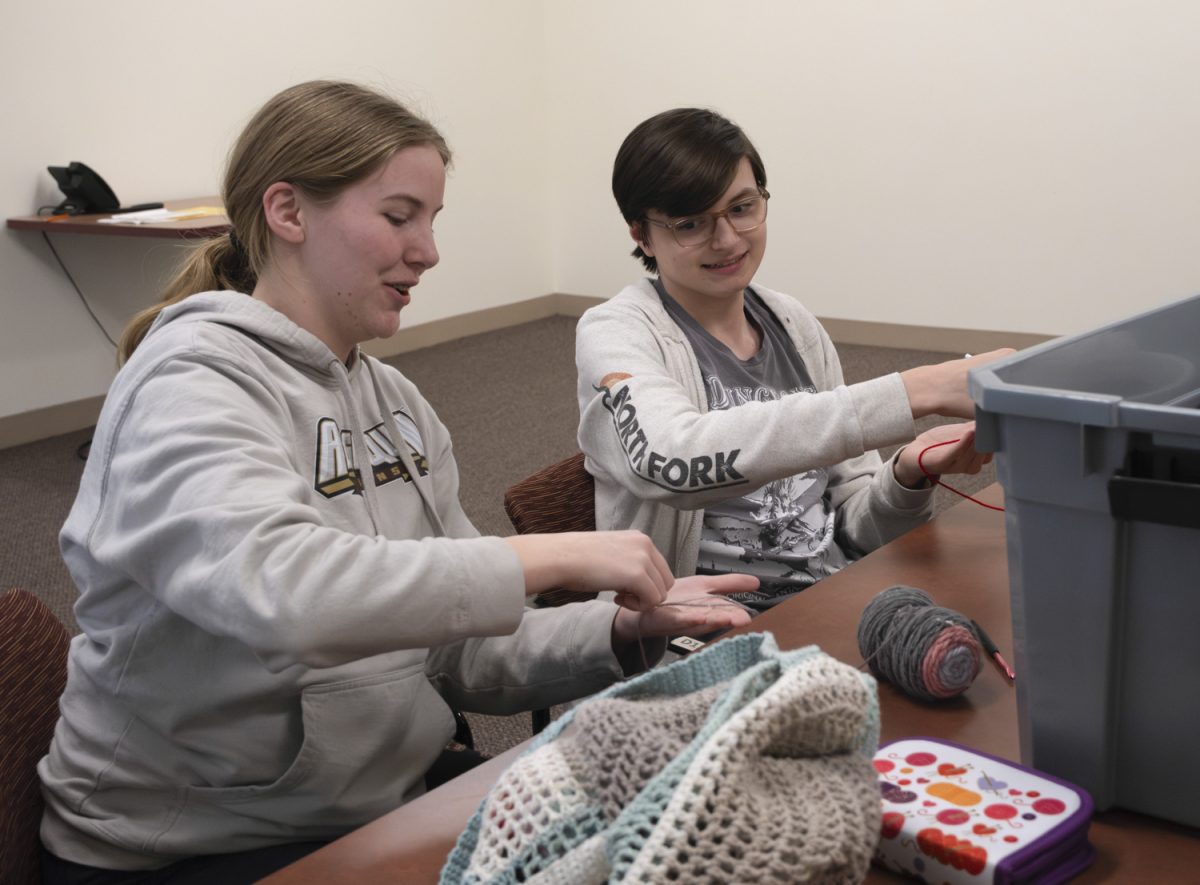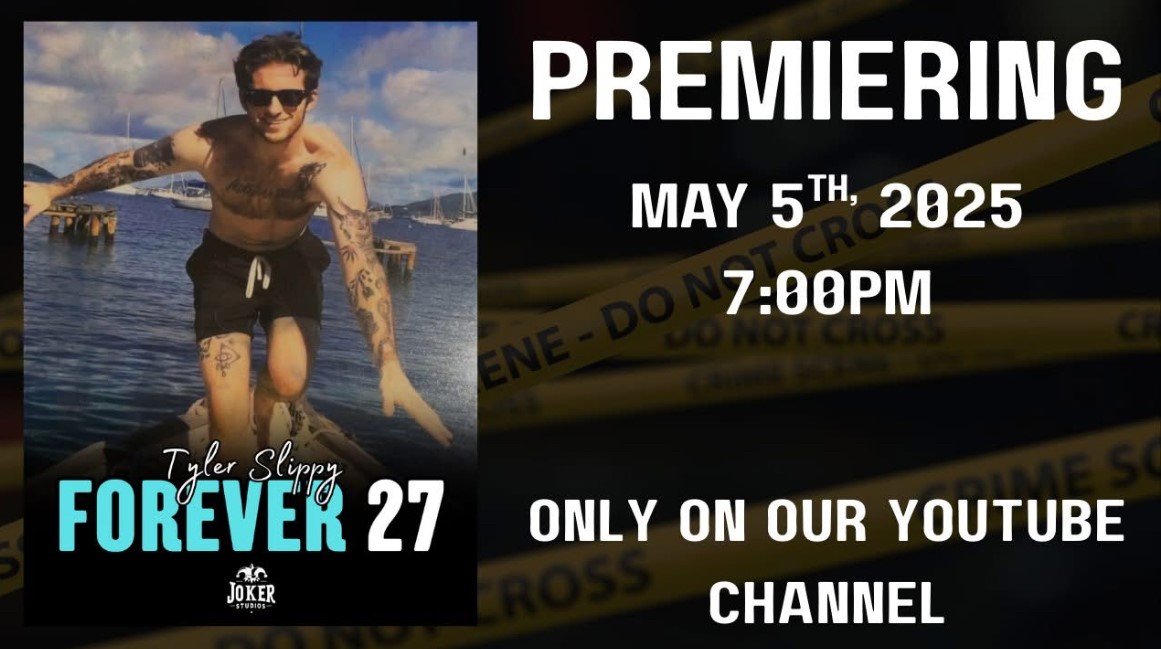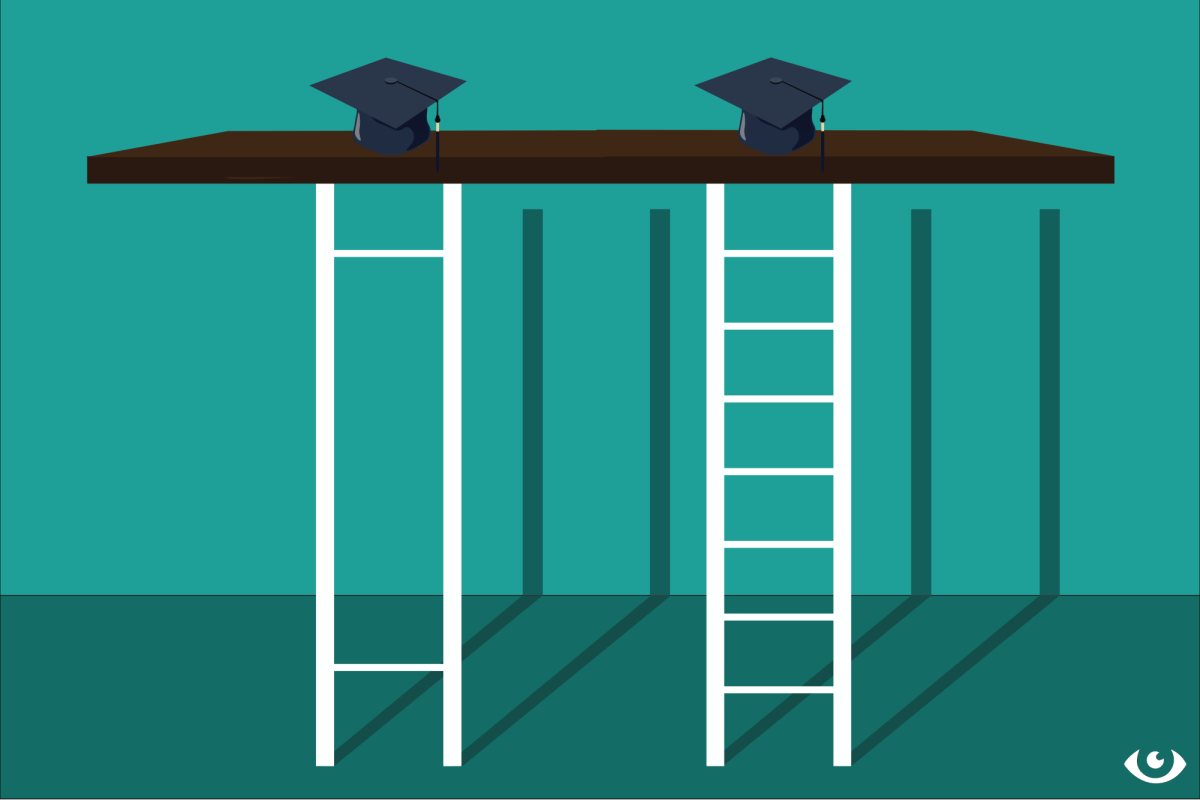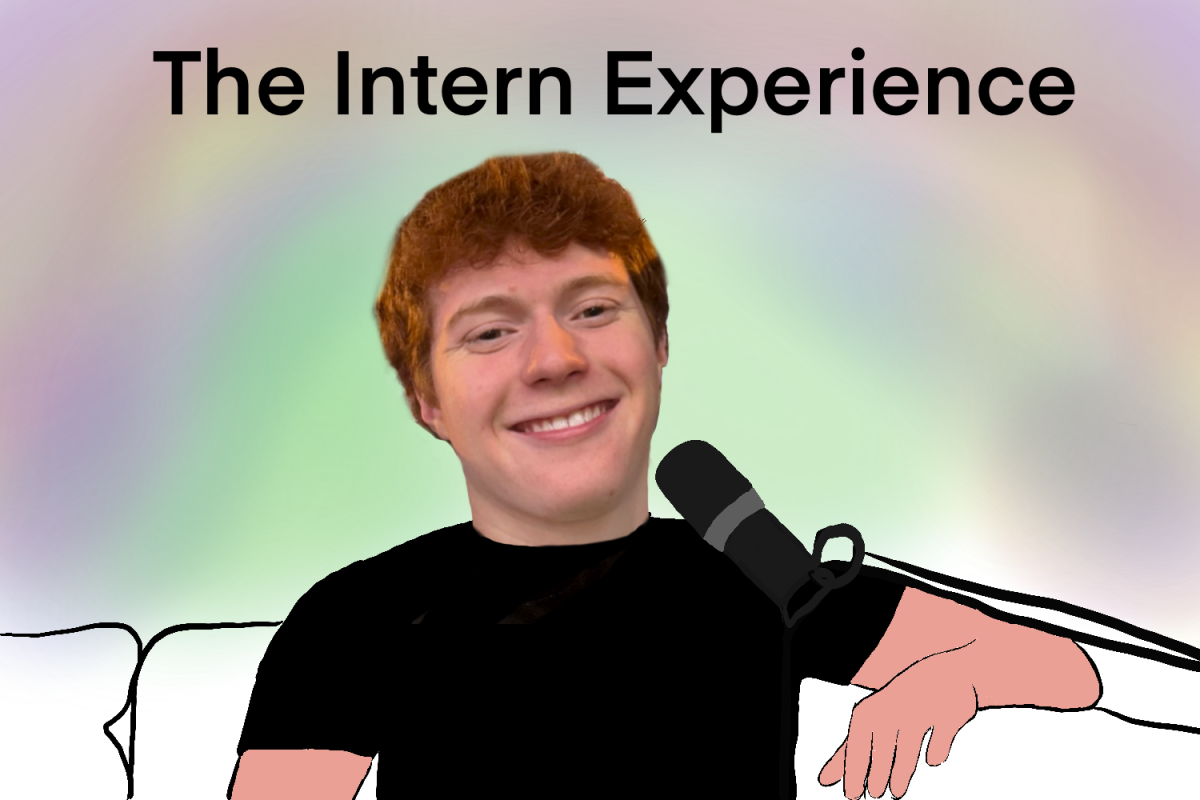Proposed solutions to the $11.8 million budget deficit for the public schools of Virginia Beach are atrocious. The budget distribution for 2024 has left the school board and city council proposing cuts that could decimate many crucial pieces of holistic education.
VBCPS may have to reduce the number of assistant principals and raise the student-to-faculty ratio districtwide, according to WTKR.
The cuts come in the wake of seemingly senseless tax cut proposals for both “one-cent” and “two-cent” reductions in property taxes citywide. The City Council believes more strongly in a fruitless tax break than the smooth functioning of its school system.
“I am concerned about the fact that they want to do a tax reduction because we’ve just shown you the $5.7 million we need to cut (directly from the tax cuts), in addition to the money we’ve already cut. There’s no way around this budget where someone’s not going to be hurt,” said VBCPS superintendent Dr. Donald Robertson.
Elective teachers must advertise their classes more heavily, since the budget will no longer accommodate smaller classes, putting electives like art classes, foreign languages, band, chorus, and orchestra, as well as any other non-SOL subjects on the chopping block.
For Ocean Lakes students, performances are a staple of the school’s community, with the Dolphins boasting a Blue Ribbon in their music education department and award-winning plays and musicals from the theater department. On top of that, any art class that is under the minimum number of students is at risk.
“We’re lucky to have a principal that really values music education,” said band teacher Katelynn Proffitt. “But, in the future, if they continue to make cuts, music will be the first to go.”
It is mind-boggling that the proverbial whipping-boy for this school budget crisis is the department that has proven so crucial in student achievement, while there is such an overemphasis on menial tasks throughout the K-12 system.
Even a study from The Center for Arts Education from more than a decade ago suggested a correlation between fine arts education and graduation rates, yet constantly, this sector of instruction is diminished.
“Students who are involved in music at the secondary level do better on their testing, which seems to be the main priority of every school,” said Proffitt. “Music students are more involved, see social benefits, and have more opportunities beyond high school.
Furthermore, among the other proposed fixes to the financial blueprint was a pay-to-play program for high school athletics. This plan was erased from the list of potential solutions at the most recent school board budget workshop, according to WTKR.
Frankly, the fact that this was ever seen as a viable idea is indicative of the priorities of those involved with the budget. This fix would have decimated the landscape of high school sports.
Those involved have danced around explaining what these cuts will eventually mean. However, the outlook is clear: the arts and electives will always be the first to go when monetary issues present themselves. All it takes to cut a class is for it to fall short of the minimum number of sign-ups in a year.
Students absolutely cannot afford to go without classes that, in a world of standardized testing, cutthroat college admissions and high levels of stress and anxiety, serve as a much-needed release.
A lack of money, naturally, must lead to a lack somewhere else. However, it seems wildly counterintuitive that students, the ones that education systems are built to serve, are the first option to bear the brunt of this lack.
Moreover, although luckily not the case yet at OL, the class cuts will likely leave teachers of many fine arts subjects around the city to have to bounce between schools to stay on as full-time employees. Teachers, who are so critically underpaid and overworked, are now being made to do even more because the powers that be refuse to accommodate their students properly.
The current proposals cannot stand.
Those who are concerned about this issue should not hesitate to make their voice heard. This can be done by attending biweekly school board meetings (usually on the second and fourth Tuesday of every month) or by emailing the school board and city council members for their district.
This story was originally published on The Current on April 22, 2024.

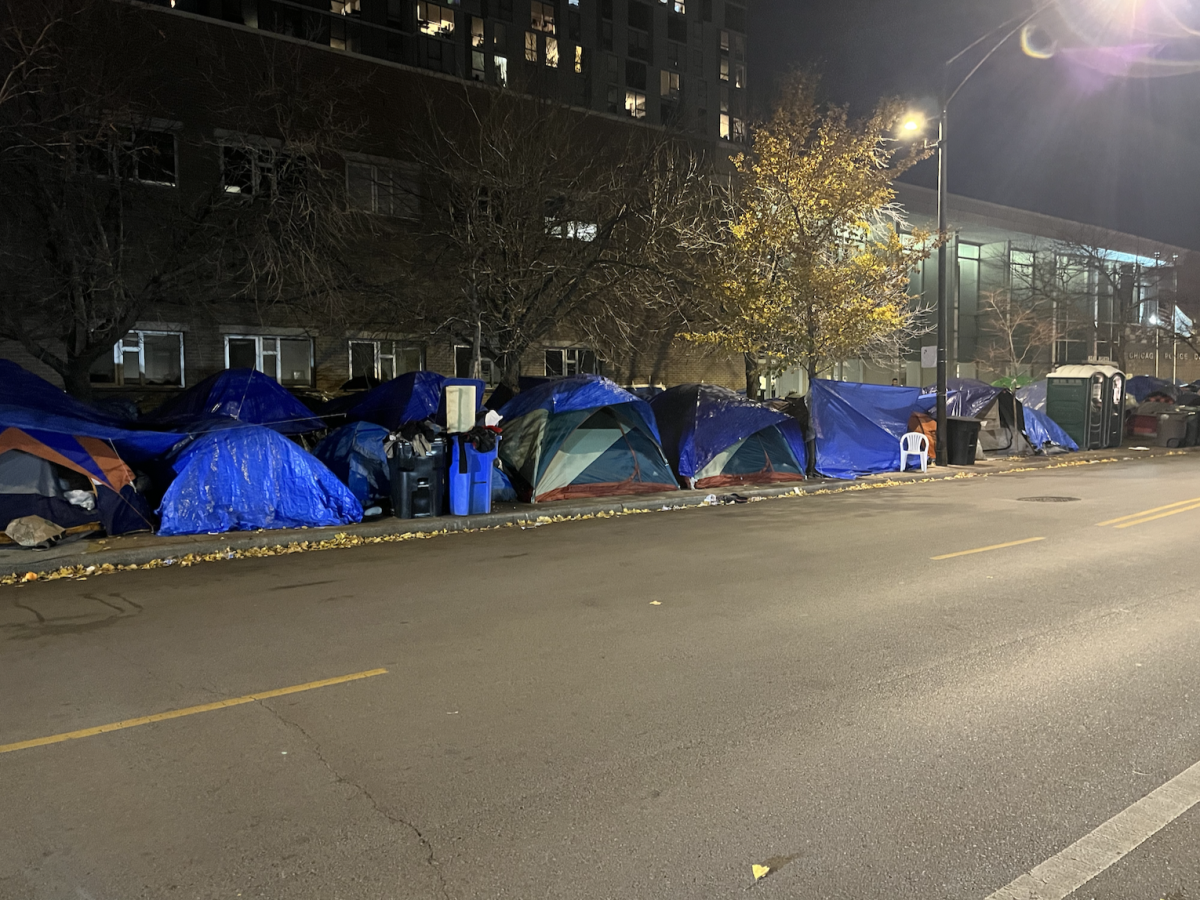
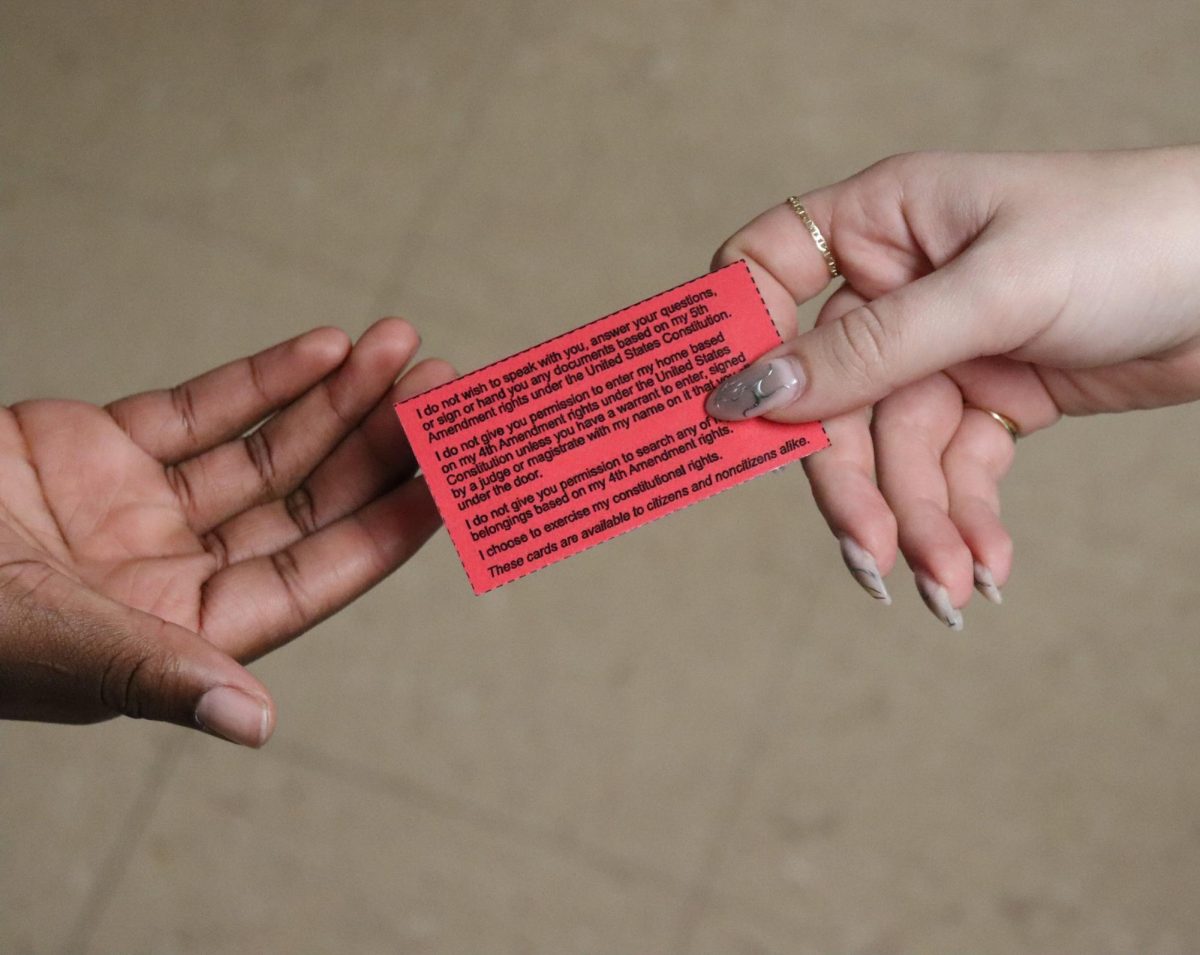
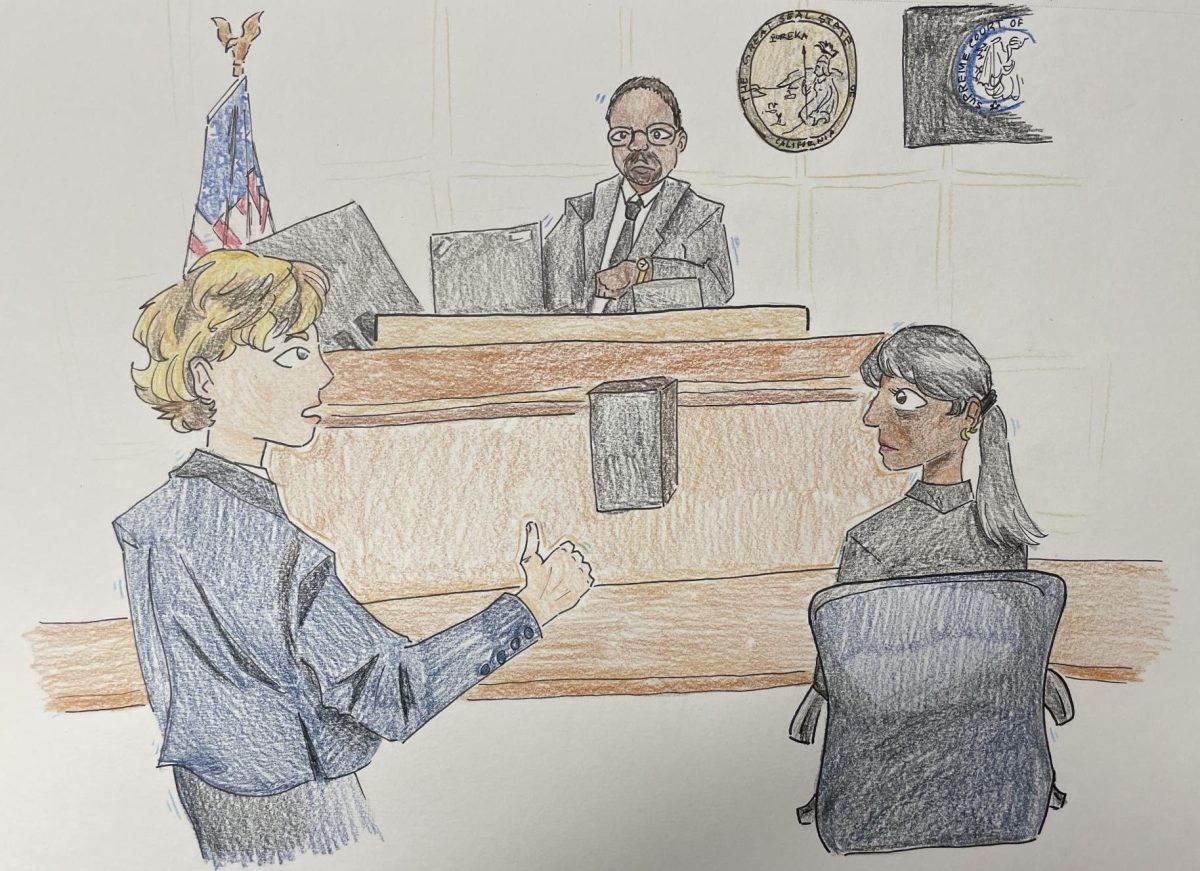



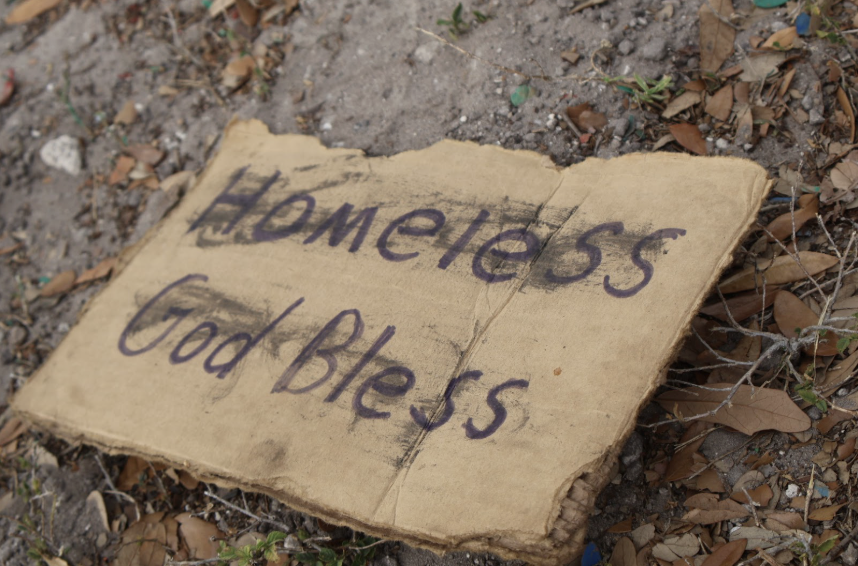
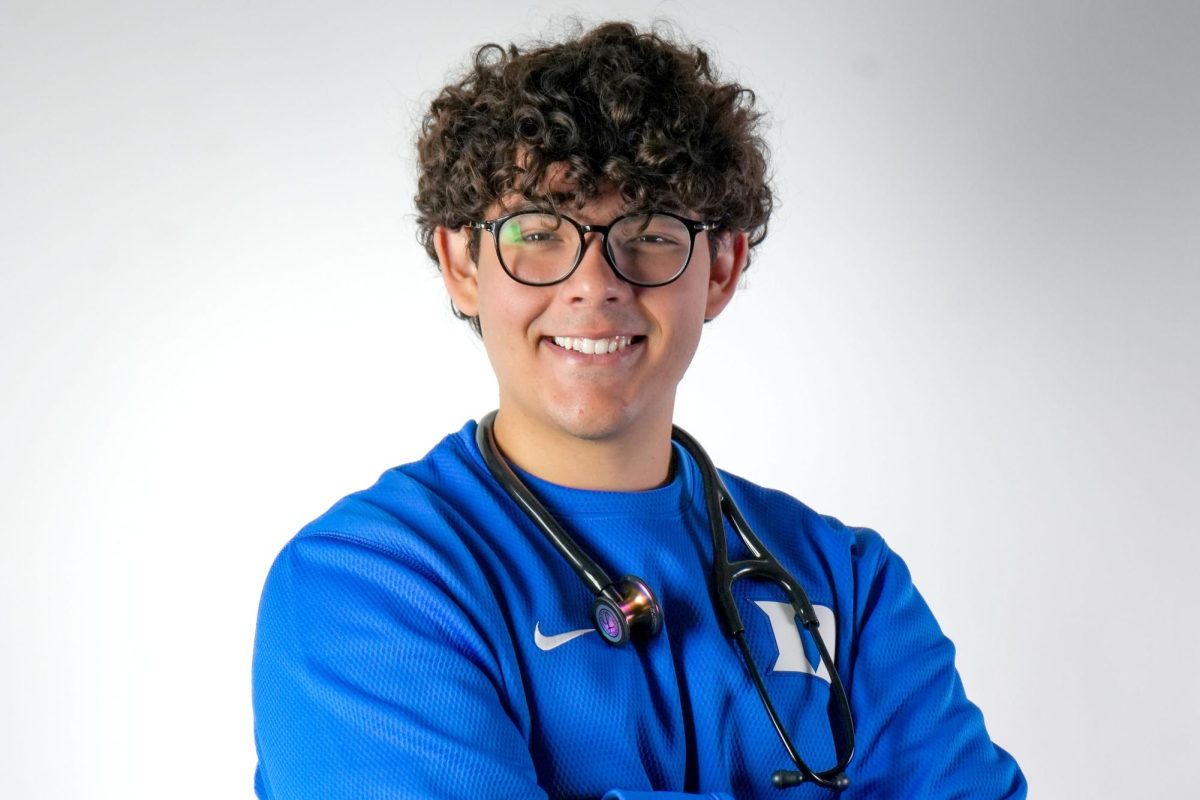





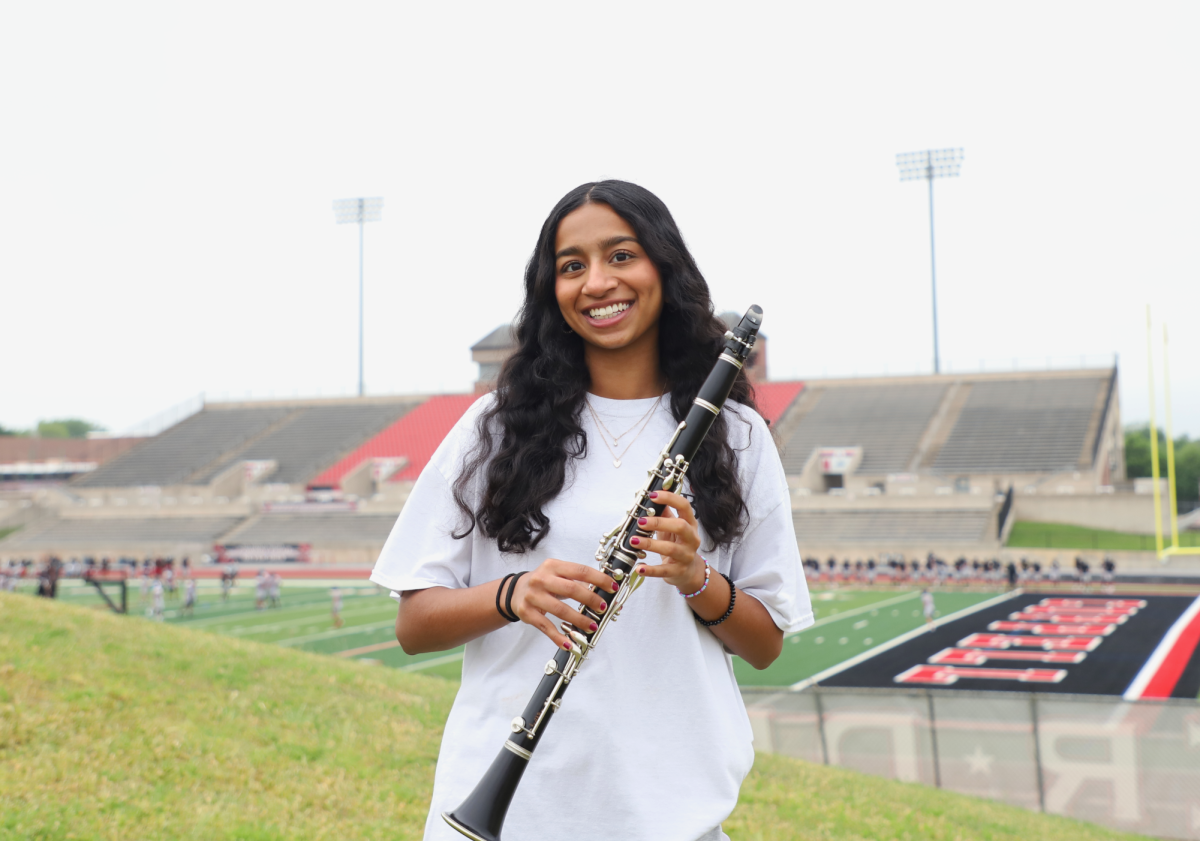
![Finishing her night out after attending a local concert, senior Grace Sauers smiles at the camera. She recently started a business, PrettySick, that takes photos as well as sells merch at local concert venues. Next year, she will attend Columbia Chicago College majoring in Graphic Design. “There's such a good communal scene because there [are] great venues in Austin,” Sauers said. “I'm gonna miss it in Austin, but I do know Chicago is good, it's not like I'm going to the middle of nowhere. I just have to find my footing again.” Photo Courtesy of Grace Sauers.](https://bestofsno.com/wp-content/uploads/2025/05/Grace.png)
